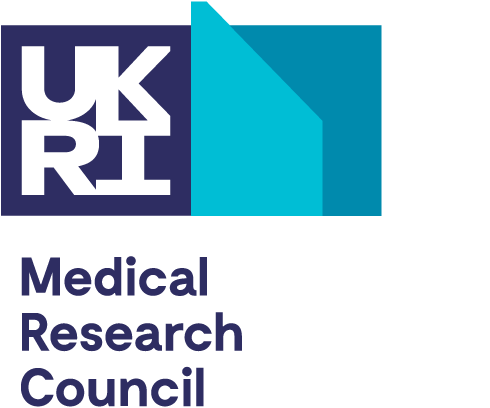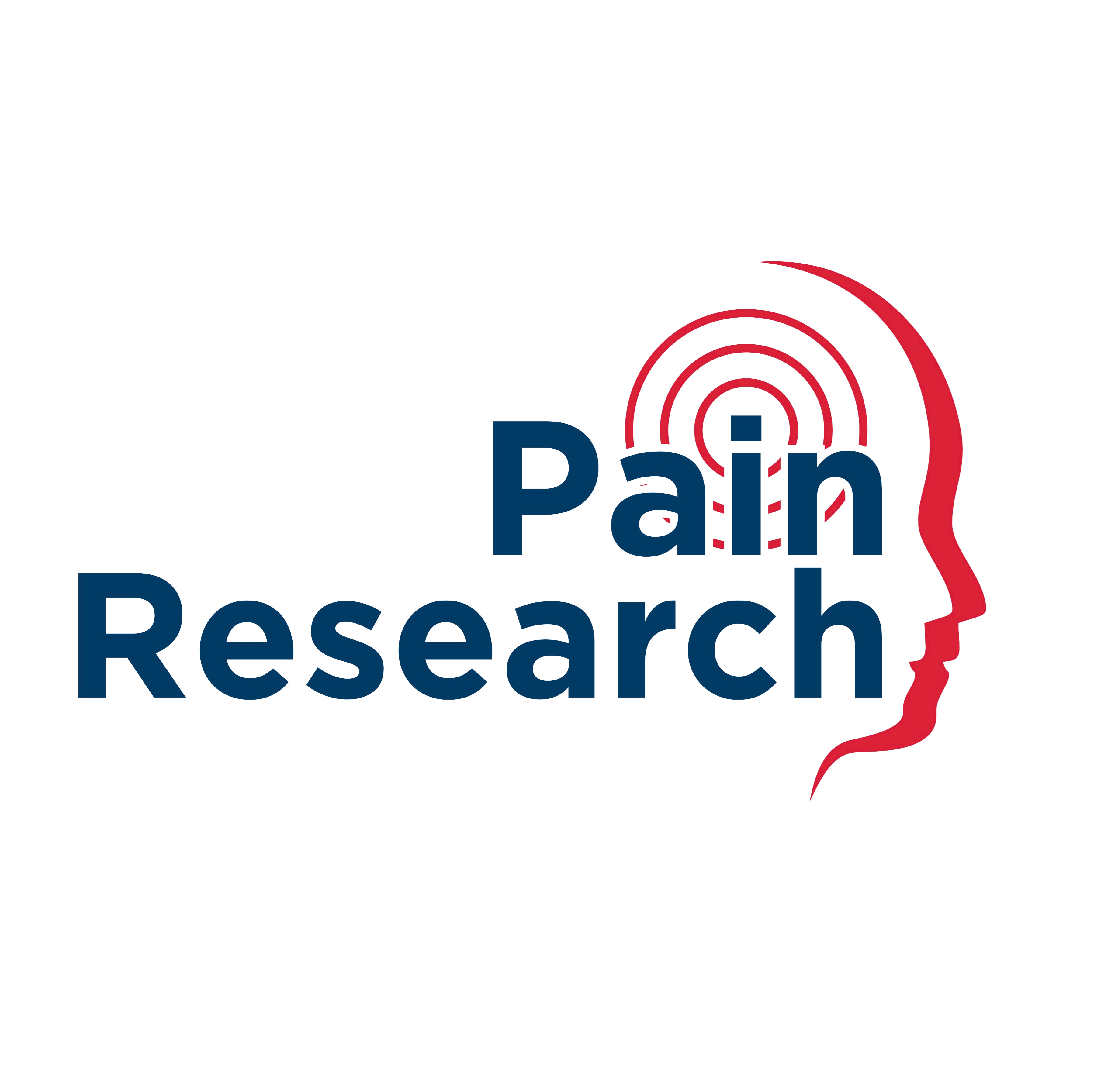
We explore the frontiers of pain to benefit patients
Our work crosses the disciplines of neuroscience, pharmacy, psychology, and clinical research to better understand and treat pain.
Latest news
-
Emma Beecroft invited to present In Naples, Italy at the 38th International AIGeDO Congress.
Emma Beecroft was invited to speak in Naples, Italy, at the 38th International AIGeDO Congress on 10th October 2025. One of the core mission statements of the Italian Association for Gnathology and Orofacial Pain (AIGeDO) is to enhance practitioner expertise and patient care in this specialized field, making Emma’s invitation to present alongside eminent international…
-
British Orthodontic Society ASM
Justin was invited to present at this prestigious conference (16th Oct 2024) to discuss the management of TMD and the new guidelines available to help all healthcare professionals with TMD. He also explained some of the latest science behind changes in the mouth and face, pain pathways and central brain changes. His presentation can be…
-
Team present work at World Endodontic Congress in Glasgow
The team were well represented, with Professor Justin Durham, Dr Jamie Coulter, and Dr David Edwards presenting their research at the World Endodontic Congress held in in Glasgow in Sept 2024. Click here to access materials from this conference
Current projects
-
OldPain2Go
A randomised pilot virtual feasibility study for a virtual randomized control trial of a novel brief intervention for people with low back pain.
-
ELUCIDATE: Exploring pain & autonomic dysfunction in ME/CFS & TMD
We are currently looking for people in the northeast of England with ME/CFS, Temporomandibular Disorders (TMD), or neither of these conditions to take part in this study. If you are interested in taking part, please email james.allison@newcastle.ac.uk for more information. Summary of the study Widespread pain affecting the muscles and joints is a significant problem […]
-
Investigating the role of the kynurenine pathway in irreversible pulpitis
The kynurenine pathway is responsible for the catabolism of the essential amino acid kynurenine. This pathway has been linked to acute and chronic pain in animal models of viral infections. Research by the team has shown upregulation of this pathway in pulpititis (toothache) and it appears to be pushing the pathway towards neuroinflammation and pain. […]
-
Investigating the role of the histamine system in chronic pain
Histamine, acting through all four types of histamine H1-H4 receptors, is arguably the most pleiotropic molecule in the human body. Since the cloning of H3R in 1999, there has been an increased interest within the pharmaceutical industry to discover and develop ligands to this receptor to target several diseases including neuropathic pain. However, while evidence […]
-
Molecular Interplay in Progression of Neuropathic pain and Parkinson’s Disease.
This study aims to identify the differential gene and protein expression associated with pain pathways in iPSCs-derived sensory neurons obtained from Parkinson’s patients or patients with TSC mutations vs iPSCs controls sensory neurons using genetic and proteins analyses. Then determining the functional abnormalities in patients’ iPSC-derived sensory in response to pain stimuli by using functional […]
Our work is funded by









